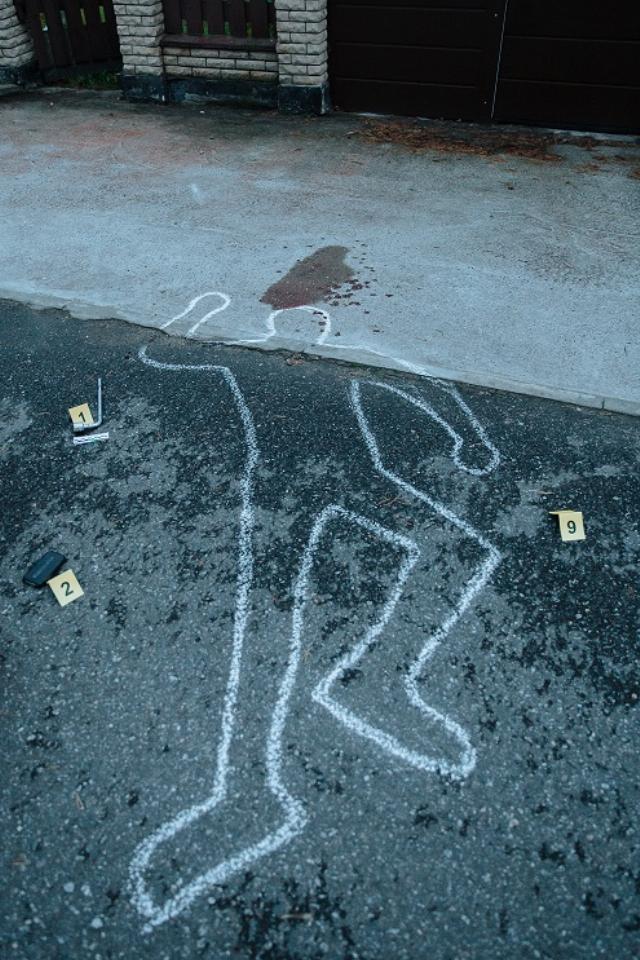Murder of a healthcare CEO: No excuse, no caveat
The murder of Brian Thompson, CEO of UnitedHealthcare, has ignited not only sorrow but a troubling debate. While a family mourns an unimaginable loss, some have co-opted this tragedy to air grievances about healthcare in America. Worse, public figures like Senator Elizabeth Warren have fanned the flames by stating, “You can only push people so far,” on MSNBC. Walking back her comment didn’t undo the damage -- and unlikely swayed anyone’s beliefs about Warren’s true feelings. Let’s be clear: there is no “but” in condemning this act. Violence is never the answer.
I say this not as a pundit or politician but as someone who has spent four decades navigating the realities of America’s healthcare system. As the sole caregiver for my wife -- whose journey includes 100+ doctors, 13 hospitals, seven insurance companies, 86 surgeries, and more than $15 million in medical expenses -- I’ve experienced its flaws and frustrations firsthand. But frustration does not justify violence. Dangerous narratives that excuse or normalize such actions must be confronted decisively.
No system is perfect, but imperfection isn’t a call for execution -- not for the system and certainly not for its participants. If we want to change the system, we must do so through words and ideas, not weapons and violence. Progress requires maturity, persistence, and focused engagement -- not destruction. Violence, even in response to systemic flaws, is counterproductive and toxic. It stems from entitlement which can fuel the belief that frustration or failure justifies harm -- and undermines the foundation of meaningful change.
Health insurance is not healthcare; it’s a safeguard -- a safety net that requires responsibility and preparation to navigate effectively. Health insurance is a seatbelt put on before the car accident. Yet, instead of acknowledging this, some choose to vilify the system and glorify those who lash out against it. Public figures who offer caveated condemnations or amplify the killer’s perceived motives perpetuate dangerous narratives. Accountability must extend to those who shape public perception in ways that excuse violence.
What excuses the belief that violence is ever acceptable? Change demands persistence and strategy, not rage or destruction. Anything less is reckless and indefensible.
Frustration with the healthcare system is nothing new to me. I’ve had more opportunities than most to allow resentment to poison me -- but I chose instead to advocate with persuasion. After decades of advocacy and caregiving, I’ve faced its shortcomings countless times. But frustration doesn’t justify destruction. It demands strategy, persistence, and a willingness to engage constructively.
Insurance companies are businesses, not emotional entities. They respond to logic, not outrage. Every appeal I’ve won -- and there have been many -- was grounded in clear, fact-based arguments. My experience proves that solutions are possible even in the face of profound challenges. This is what adults do: solve problems without destroying systems.
The justice system will handle the murderer, but there must also be accountability in the court of public opinion. Not just for the killer, but for those who dangerously serve as apologists. Public figures who offer veiled justifications for such violence must face swift rebuke. Excusing violence is indefensible and harmful.
Brian Thompson’s murder is a reminder of what happens when entitlement festers unchecked. Change in any system requires maturity, persistence, and engagement -- not destruction. Reform must be pursued through thoughtful action and meaningful dialogue, never through harm. This tragedy also underscores the broader risks to corporate leaders and institutions when society tolerates violence as a means of expressing discontent. We must reject it unequivocally.
To Brian Thompson’s family: we grieve with you and would see you protected while you mourn. Two children lost their father. A woman lost her husband. A company lost its leader. Let’s not add to this horrific tragedy by allowing a country to lose its way.
Peter Rosenberger hosts the nationally syndicated radio program , Hope for the Caregiver. PeterRosenberger.com

Image: Pexels





